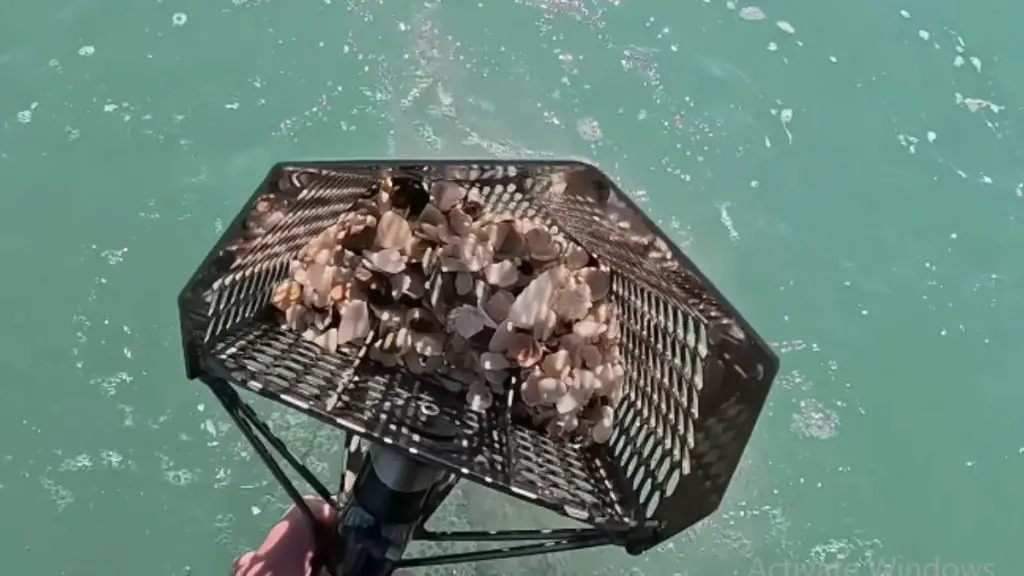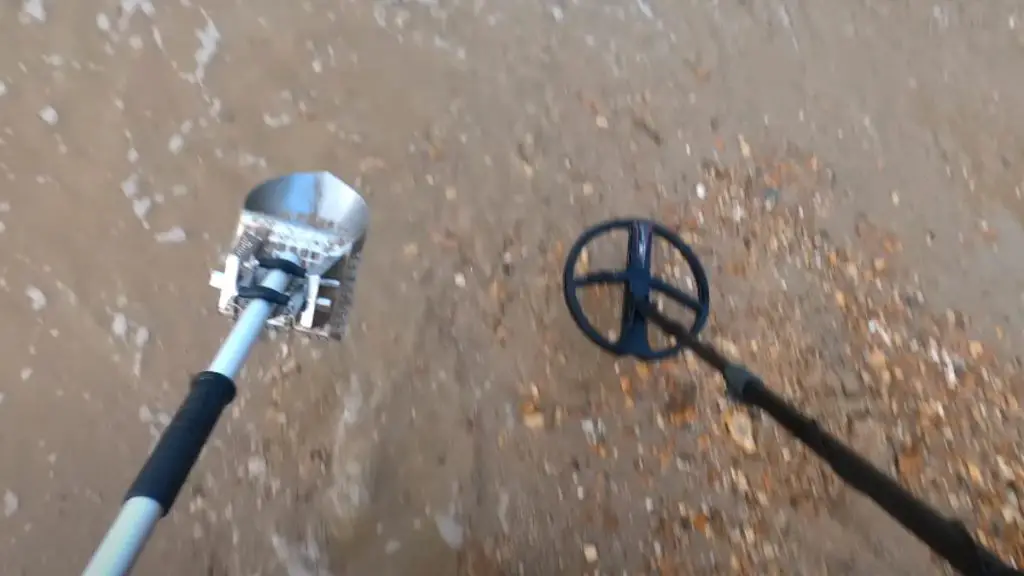Metal detection is a fun way to explore the outdoors, discover hidden gems, and even learn a bit about history.
Tasmania, with its rich past and beautiful landscapes, is a perfect place for metal detecting enthusiasts to embark on a quest.
In this guide we’ll discover the common considerations for metal detection in Tasmania, best places and clubs for you.
Let’s begin!
Metal Detecting in Tasmania

Tasmania was once a place where convicts were sent during the early colonial period, and it has old settlements and mining towns that are great spots for metal detecting. These sites can hide historical coins, relics, and artifacts deep underground.
Tasmania is historically rich, and offers diverse landscapes where you can explore, like its beautiful beaches, old ghost towns, and abandoned goldfields.
This variety makes it one of the best places for treasure hunters looking for a wide range of finds.
In Tasmania, you might need a permit to use a metal detector in certain areas, especially on historical sites, and it’s important to respect private property.
So, you should ensure not to disturb wildlife or damage the environment while you search for hidden treasures.
Is it legal to Metal Detect in Tasmania?
In Tasmania, metal detecting is legal, but there are important rules and considerations enthusiasts must follow to ensure they’re conducting their hobby lawfully.
It’s not permitted to metal detect in areas of cultural or historical significance, such as heritage sites, without a special permit.
National parks also often require permission, and you should always check the specific regulations for the park you’re interested in.
Before you start detecting, you should reach out to Tasmania’s Parks and Wildlife Service for guidance.
If you find any items that could be of historical value, it’s your legal responsibility to report them to the Department of State Growth’s Heritage Tasmania.
Lastly, always practice the principles of Leave No Trace to minimize your impact on the environment during your searches.
Is there any buried treasure in Tasmania?
There’s no confirmed buried treasure in Tasmania like we often hear about in pirate stories, but the island has a rich history that could support such legends.
Tasmania was a hub for many early explorers and had its share of maritime activity, which could lead to stories of lost riches or buried loot.
While tales of treasure might entice adventurers and spark the imagination, any real treasure would likely be in the form of cultural artifacts or natural resources.
Best Places to go Metal Detecting in Tasmania
Port Arthur Historic Site with a rich past where you can search around and possibly find relics from the old convict settlement.
Near Freycinet National Park, Coles Bay has beautiful beaches where old coins and jewelry could wash up on the shore.
Try the older parks and public areas in Hobart, the capital city, where festivals and markets might have left behind some interesting finds.
While a more rugged and natural location, the areas around the trails can sometimes yield surprising finds from tourists and hikers.
Metal Detecting in Tasmania Rivers
The rivers here often carry secrets from the island’s rich history, offering chances to uncover coins, relics, and even gold nuggets.
The best rivers for metal detecting are generally those with a history of human activity.
The South Esk River, which flows through regions with a rich colonial history, and the Derwent River, known for its past industrial activity, are prime spots you might want to try.
Here are a few tips for metal detecting in Tasmania’s rivers:
In the wet conditions bring waterproof metal detectors and gear. Ensure your equipment is suited for river environments.
Next, always know the local laws before you start detecting. Some areas may be off-limits or require a permit.
Rivers can be unpredictable. So, you should wear appropriate footwear, and don’t metal detect alone in remote areas.
Eddies, where the water swirls and slows down, often deposit heavier items. They can be hotspots for finds.
Metal Detecting on Tasmania Beaches
Tasmania’s shores are rich in history, and searching them with a metal detector can sometimes yield relics from the past.
This hobby is a chance to uncover hidden treasures and provides a great reason to explore Tasmania’s stunning beaches.
Among the top spots for metal detecting, the beaches along the River Derwent stand out due to their historical significance and potential for finds.
Another fantastic location is the Tamar River beaches, where many communities have thrived over the years, possibly leaving behind traces of their existence.
Always check local regulations to ensure that metal detecting is allowed and whether you need a permit.
Be mindful of the environment and fill in any holes you dig. Tides can reveal new treasures, so time your searches accordingly.
You should also respect private property and don’t trespass. And ensure to clean and preserve any historical finds and consider reporting significant items
You can also find our guide on metal detection in Western Australia, In Newcastle, in South Australia, and Liverpool; for successful hunt.
Metal Detecting Clubs in Tasmania
1. Tasmanian Metal Detecting Club
This club boasts a proud history of exploring Tasmania’s natural landscape while searching for historical treasures.
With over 50 active members, the group comes together regularly for hunts and social events, promoting responsible metal detecting and historical preservation.
2. Hobart Historical Search Society
Known for their dedication to uncovering and preserving the local history, this society has been active for several years.
They have a close-knit community of around 30 members who are passionate about metal detecting and often collaborate with local historians and archaeologists.
These clubs are considered some of the best due to their commitment to the hobby, their respectful treatment of the land.

Frederick Perez is the founder of Scrape Dude. He loves exploring and finding hidden treasures in unexpected places. Frederick has been dumpster diving and gold panning for years, turning his hobby into our website to share his adventures. He’s known for his friendly advice and exciting stories, inspiring others to discover the joy in these unique hobbies. His expertise makes Scrape Dude a trusted and fun place to learn and explore.


